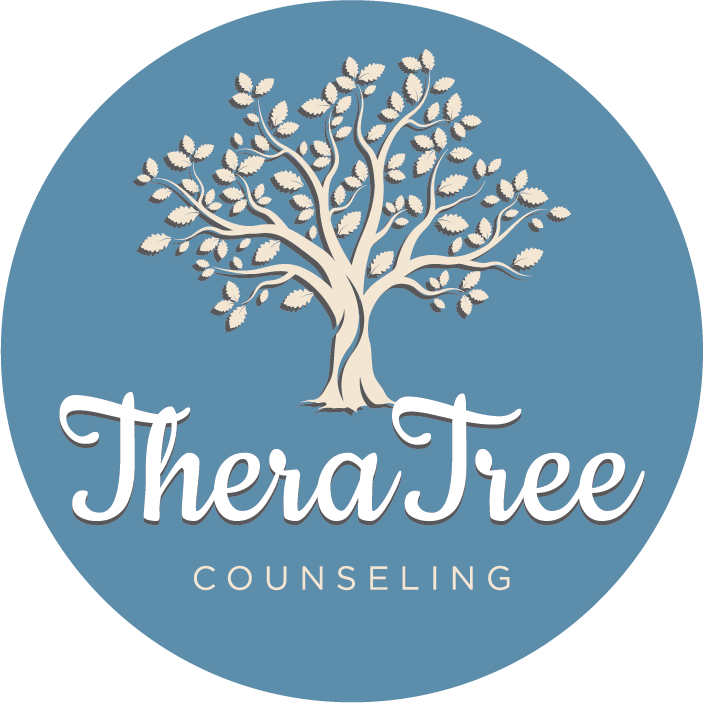Comparison, Perfectionism, Self-Criticism, and Self-Compassion
Comparison is a normal and natural way that we learned to gage success when we were growing up and other people achieved developmental milestones at the same time. We all generally started walking, talking, went to school, progressed to higher grades in school, hit puberty, started dating and being interested in others sexually/romantically, etc. at the same time as other people of the same age.
Perhaps we evolved to use comparison when fitting in with and being accepted by the community meant personal survival. If we were comparable with someone else, we were less likely to be shunned, cast out of the community, and die.
Today, when we compare ourselves to others, we are often comparing the Instagram highlight reel of someone else’s life with the worst moments of our own lives. When we are self-critical, we only take into account our failings and not the challenges and obstacles we have faced, our strengths, or our achievements and victories along the way. In short, when we are comparing, we are not looking at the big picture or even the truth of the matter.
We often compare for the same reasons we seek perfection - to avoid pain and gain love, acceptance, and a sense of self-worth. Perfectionism is often a protective mechanism. We think that if we can be perfect and not make mistakes, we can avoid the pain of being imperfect human beings. We think that external achievements (weight, grades, scores, awards, compliments, etc.) will prove that we are ok, lovable, and worthy. Sadly, often these external achievements are never enough and we have to keep pursuing more and more. If we live by the belief that we must be perfect to be worthy, we will inevitably fail because humans are imperfect individuals.
Carl Rogers said that, “The curious paradox is that when I accept myself just as I am, then I can change.” We often think that we have to beat ourselves into submission and be self-critical to change. The reality is that self-criticism keeps us stuck in shame. Self-compassion enables us to change.
There has been quite a bit of research done on self-compassion in recent years. We’ve found that shame and self-criticism inhibits activity in our prefrontal cortex and lights up our amygdala, which reduces our capacity to pay attention, increases impulsive behaviors, and increases despair and anxiety. On the flip side, self-compassion increases our emotional resilience, psychological wellbeing, and heartrate variability (indicator of health). Self-compassion also decreases anxiety, depression, and cortisol (Neff, 2011). Again, shame and self-criticism keeps us stuck. Self-acceptance and self-compassion gives us the mental clarity and curiosity to move forward and make positive changes.
Self-compassion involves three things: self-kindness, common humanity, and mindfulness. Self-kindness is just as it sounds - to be kind, gentle, warm, and understanding towards ourselves, particularly when we experience difficult feelings of pain, heartache, inadequacy, shame, or failure.
Common humanity is really recognizing and reminding ourselves that painful emotions of inadequacy and shame are part of the human experience. We all experience these feelings from time to time and therefore we are not alone.
Mindfulness is really noticing and becoming aware of our emotional experience with curiosity and without judgement.
References:
Neff, K. (2011). Self-Compassion: The Proven Power of Being Kind to Yourself. United Kingdom: HarperCollins e-books.
